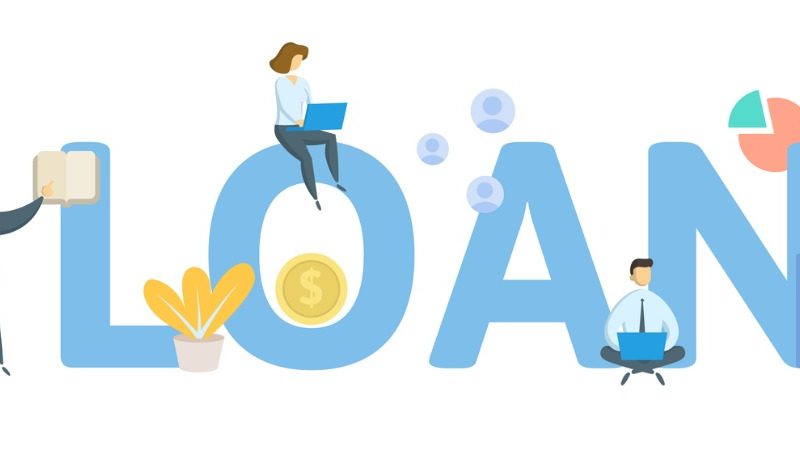Swimming in debt? Or drowning? 10 signs you need to take back control
Are you swimming in debt? Or even drowning? You’re not alone, thousands of Kiwis have that same feeling they are sinking financially.
Debt has its uses and can be used to spread out large or unforeseen expenses. Being in debt all the time, however, isn’t okay and you need to use credit, not let it use you.
But there is a way out. Debt can be whittled away one dollar at a time if you start today.
So what is “too much debt”? There are some real warning signs that indicate you’ve got too much. If two or more of the Red Flags below apply to you then face up to the fact: you have too much debt.
Do these red flags sound like you?
- You view your overdraft or credit limit as your money when you’re spending it , not something you owe. That makes it too easy to spend up to the maximum every month. Over the past couple of generations we’ve changed from seeing debt as something to be embarrassed about to a normal everyday occurrence. Overdrafts, credit cards and HP should be there for emergencies, not used as a day to day way of getting cash that you can’t afford.
- You get charged dishonour (or honour) fees most months. These fees add up quickly and help your debt spiral out of control. At the very least you need to do a serious reorganisation of your accounts so that your spending money is kept separate from money for essentials. That will help you avoid fees.
- You have had credit denied. If banks or lenders refuse you credit it’s a real red flag that something is wrong with your finances. Sit up and take notice.
- You lie to loved ones about your spending and debt. Lies can bring an apparently good relationship to a stop fast. If you’re lying regularly to your other half or even yourself, you need to change your ways.
- You use cash advances on your credit card when you run out of ready cash. Cash advances are incredibly expensive because you’re charged fees as well as interest from day one. If you access credit this way then there is something wrong with the way you manage money.
- You are late paying rent and other bills such as utilities and credit cards. If you receive overdue reminders month in month out then this is you. Those reminders should flag to you that you need to take back control of your finances.
- You don’t know exactly how much you are in debt. Denial is common with serial debtors. Tot your debt up today and then you can start working out how to start reducing your debt mountain.
- You don’t open letters or answer phone calls because you’re scared they will be from creditors. Budget advisers (AKA debt counsellors) see this every day. It’s a classic symptom of too much debt and is a real red flag that something needs to change.
- You worry about your bills, lose sleep or drown your worries in alcohol or drugs. Worry and anxiety are not good for your overall well-being. Take the first step today by getting in touch with a free budget adviser or ask for an appointment at your bank. They’re happy to help customers sort out their finances.
- You don’t have any savings at all. We all need some savings – even if it’s just an emergency fund to tide you over if you lose your job. If debt is getting in the way of this, you’ve got a problem.
There’s nothing like a good dose of honesty to turn your debt around. It’s no use thinking that the problem will go away. If these red flags apply to you, you need to take a dose of truth then make changes. Now.
If your attempts to change in the past haven’t worked then see a budget adviser. Virtually every town in New Zealand has one – and they’re free to visit. Look up “Budget Advice Services” on whitepages.co.nz, or find out about the New Zealand Federation of Family Budgeting Services.
Finally, debt counsellors can’t wave a magic wand and make your problems go away, Aladdin-style. It’s going to require hard work on your part. But you’re the one who will get the most out of this exercise.
- Post Tags:
- credit
- debt
- personal finances
Credit Simple
Credit Simple gives all Kiwis free access to their credit score, as well as their detailed credit report. See how your credit score compares by age, gender and community and gain valuable insights into what it all means.
All stories by: Credit Simple

